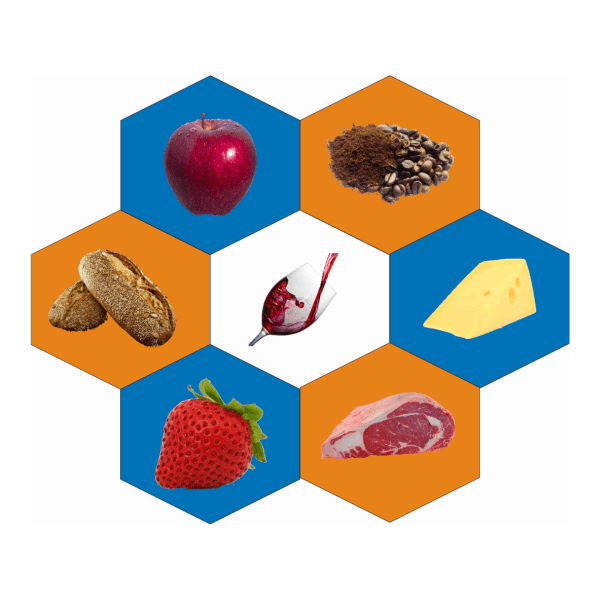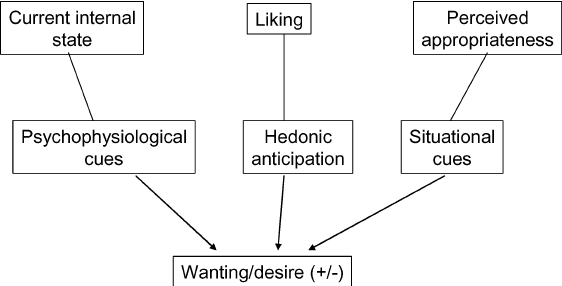Food is not only a source of sustenance but also a source of pleasure. The taste and aroma of food are some of the primary factors that make eating a delightful experience. Have you ever wondered why some foods taste and smell better than others? In this blog, we will explore the world of food flavors and aromas and the science behind what makes our meals delicious.
Flavor is a complex sensory experience that is composed of taste, aroma, and other factors like texture and temperature. Taste is the sensation that we perceive through our taste buds, including sweet, sour, salty, bitter, and umami. Aroma, on the other hand, is the smell of the food, which is detected by the olfactory receptors in our nose.

The Science Of Food Flavors:
Food flavors are created by a combination of taste and aroma. The aroma of the food plays a crucial role in the overall flavor experience, as it can enhance or mask the taste. For instance, the aroma of vanilla extract can enhance the sweetness of a dessert, while the aroma of garlic can mask the sweetness of a dish.
The science of food flavors and aromas is a complex field that involves chemistry, physiology, and psychology. The flavor of food is created by the interaction between chemicals in the food and receptors on our taste buds and olfactory receptors. When we eat food, the chemicals in the food bind to the taste receptors on our tongue, sending signals to the brain, which interprets these signals as tastes like sweet, sour, salty, bitter, and umami.
Aroma, on the other hand, is detected by the olfactory receptors in our nose. When we smell food, the odor molecules bind to the olfactory receptors, which send signals to the brain. These signals are combined with the taste signals from the tongue to create a complete flavor experience.
The science of food flavors and aromas also involves the study of food chemistry, which includes the compounds that create the taste and aroma of food. For instance, the aroma of roasted coffee is created by a group of volatile compounds called pyrazines. Similarly, the taste of umami is created by glutamic acid, which is found in foods like soy sauce, mushrooms, and Parmesan cheese.
The psychology of food flavors and aromas is also an essential aspect of the science of food. Our perception of taste and aroma is influenced by our experiences, memories, and expectations. For instance, if we have a positive experience with a particular food, we are more likely to perceive it as delicious.
In conclusion, food flavors and aromas are a complex sensory experience that involves the interaction between taste, aroma, and other factors like texture and temperature. The science of food flavors and aromas is a fascinating field that involves chemistry, physiology, and psychology. By understanding the science behind what makes our meals delicious, we can appreciate food even more and create new and exciting flavor experiences.

What are the primary factors that make eating a delightful experience?
A: The taste and aroma of food are some of the primary factors that make eating a delightful experience.
Q: What is the flavor composed of?
A: Flavor is composed of taste, aroma, and other factors like texture and temperature.
Q: What is the taste?
A: Taste is the sensation that we perceive through our taste buds, including sweet, sour, salty, bitter, and umami.
Q: What is aroma?
A: Aroma is the smell of the food, which is detected by the olfactory receptors in our nose.
Q: How are food flavors created?
A: Food flavors are created by a combination of taste and aroma. The aroma of the food plays a crucial role in the overall flavor experience, as it can enhance or mask the taste.
Q: What is the science of food flavors and aromas?
A: The science of food flavors and aromas is a complex field that involves chemistry, physiology, and psychology. The flavor of food is created by the interaction between chemicals in the food and receptors on our taste buds and olfactory receptors.
Q: What is the role of food chemistry in the science of food flavors and aromas?
A: The science of food flavors and aromas also involves the study of food chemistry, which includes the compounds that create the taste and aroma of food.
Q: How is our perception of taste and aroma influenced?
A: Our perception of taste and aroma is influenced by our experiences, memories, and expectations.
Q: What can we do to appreciate food even more and create new and exciting flavor experiences?
A: By understanding the science behind what makes our meals delicious, we can appreciate food even more and create new and exciting flavor experiences.










